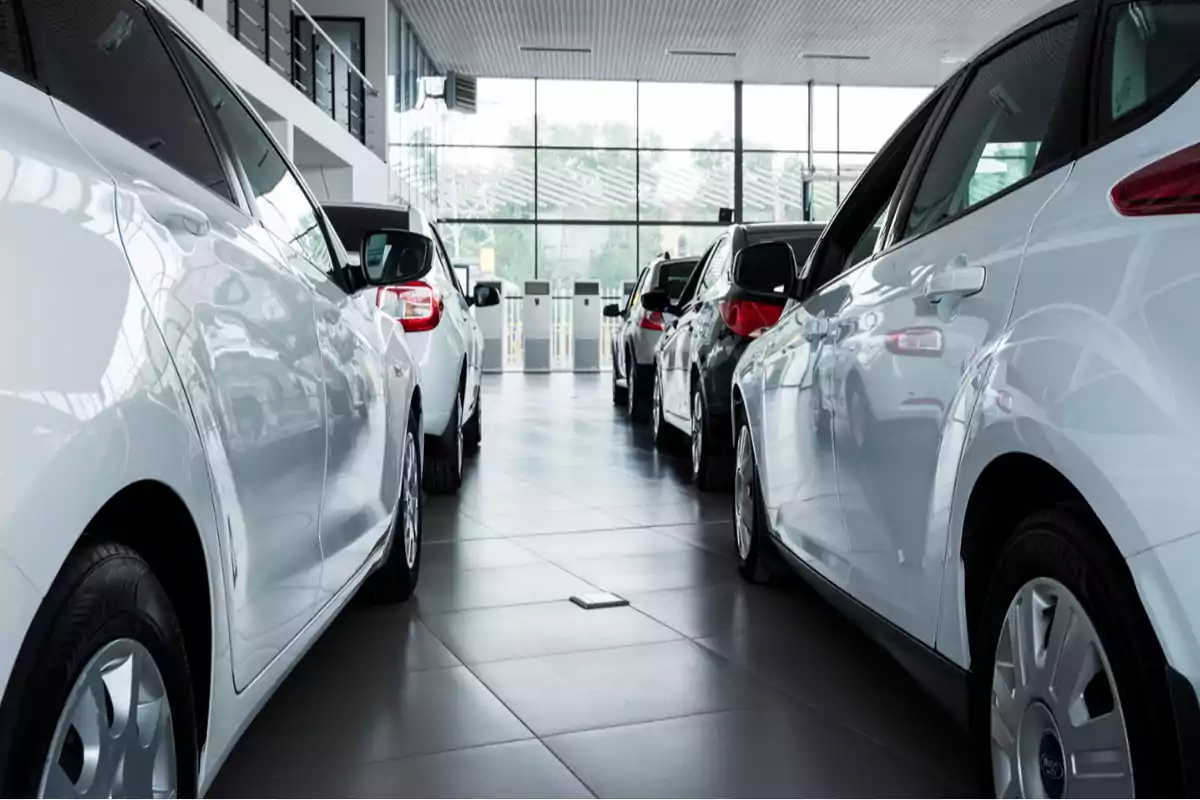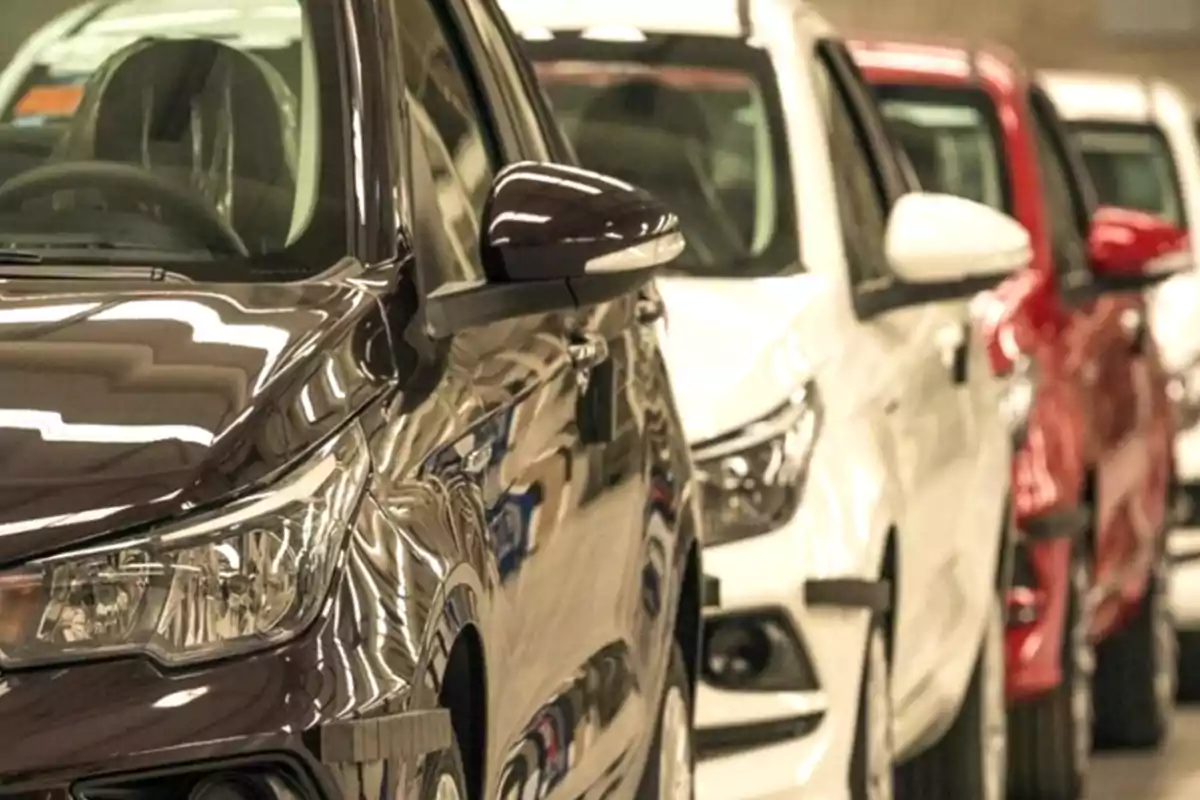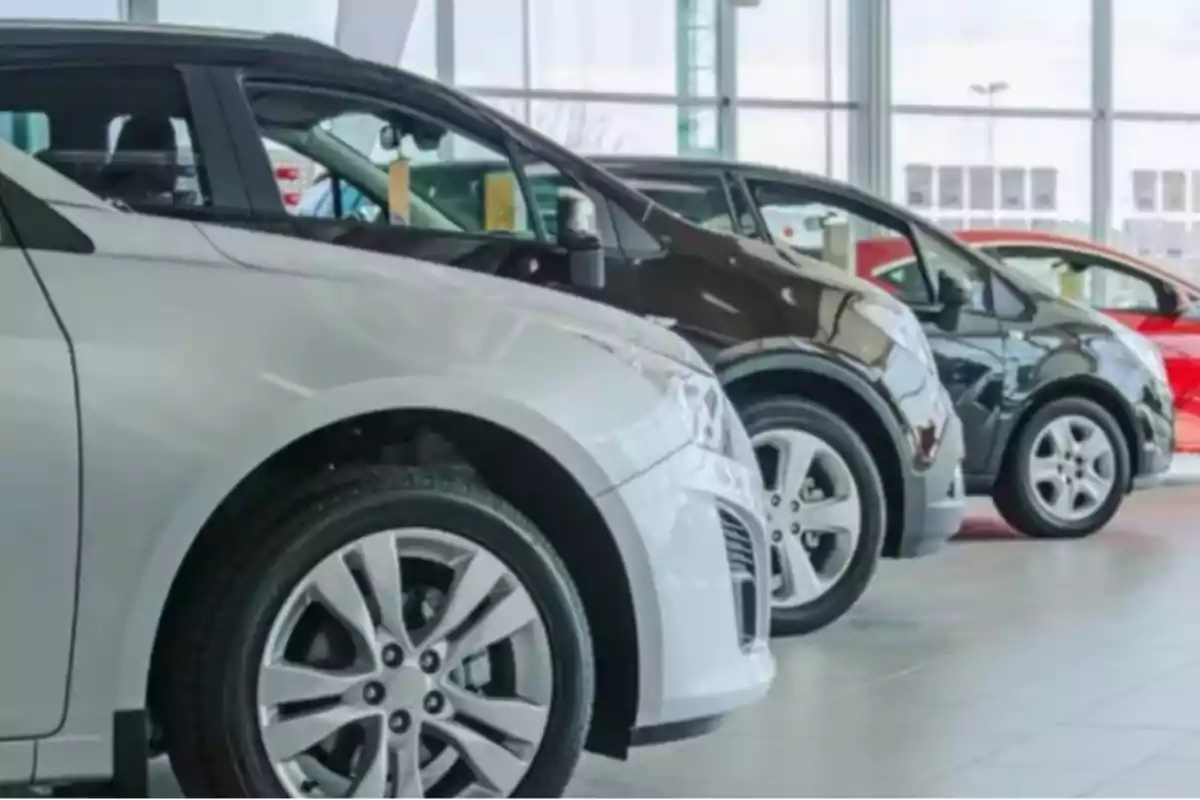
The government has officially authorized individuals to import brand-new cars.
The government allows the individual importation of 0 km cars starting this July 3
Through Resolution 271/2025, published on July 2 in the Official Gazette, the national government has formally authorized the direct importation of new cars by individuals, without the need to go through dealerships or official importers.
The measure takes effect tomorrow, July 3, and details the new technical, legal, and tax requirements for bringing vehicles into the country individually.
What is the Model Configuration License (LCM)
The central focus of the new regulation is the Model Configuration License (LCM), the instrument through which it is validated that vehicles comply with the active and passive safety standards required by Law 24.449 and its regulatory decree 779/95.
The enforcement authority will continue to be the Secretariat of Industry and Commerce, under the Ministry of Economy, which may also delegate tasks to the Undersecretariat of Productive Management or the competent National Directorate.

International certifications and benefits for individuals
One of the most important changes is that safety certifications issued by international organizations endorsed by the United Nations (TRANS/WP29/343) will now be recognized, without the need to repeat tests in local laboratories unless the authority requires it.
For individuals, importing a single vehicle per calendar year is permitted. If the unit matches in brand, model, and configuration with an already registered LCM, it will not be necessary to obtain a new one. However, the car can't be sold during the two years following its nationalization.
Technical requirements, limits, and costs
To obtain the LCM or the Technical Certificate (CT), tests must be conducted in laboratories accredited by INTI, OAA, ILAC, or even in United States plants certified by NHTSA through the Blue Ribbon Letter system.

The fees for each procedure are established in Retributive Units (UR). Some examples:
- 6,000 UR: New LCM or Technical Certificate for category L vehicles (motor vehicles) and O (trailers).
- 12,000 UR: LCM for categories M, N, and Bitrenes.
- 400 UR: LCM based on Blue Ribbon Letter or CVHE.
- 400 to 800 UR: Technical updates according to category and type of vehicle.
Payments will be made through the e-recauda platform, with mandatory submission of the receipt at the start of the procedure.
New conditions for Tierra del Fuego and assignments
The regulation also contemplates special cases for Tierra del Fuego dealerships: if they import vehicles with an existing LCM from the Continental Territory, they will not need to submit a new one. For imports from other countries, they may extend an original LCM.
Regarding the assignment of rights over the LCM or CVHE, it will be permitted under the terms of the Civil and Commercial Code, but it will not be accepted as collateral. The new holder must comply with all the requirements set forth in Annex P of the regulation.
Oversight, audits, and repeal of old regulations
The Undersecretariat of Productive Management will have the authority to oversee, audit, and even revoke LCMs and CVHEs in case of inconsistencies or undeclared alterations. It may also take samples of vehicles or components to conduct new tests.
Additionally, the authority is empowered to enter into agreements with foreign countries to recognize homologation certificates and tests conducted abroad.
The resolution repeals more than 40 previous regulations, including 838/99, 247/05, and 276/06, and unifies criteria in an updated, more flexible, and simplified technical regime. Specific resolutions such as 15/2019 remain in force, insofar as they are not modified by the new regulation.
More posts: